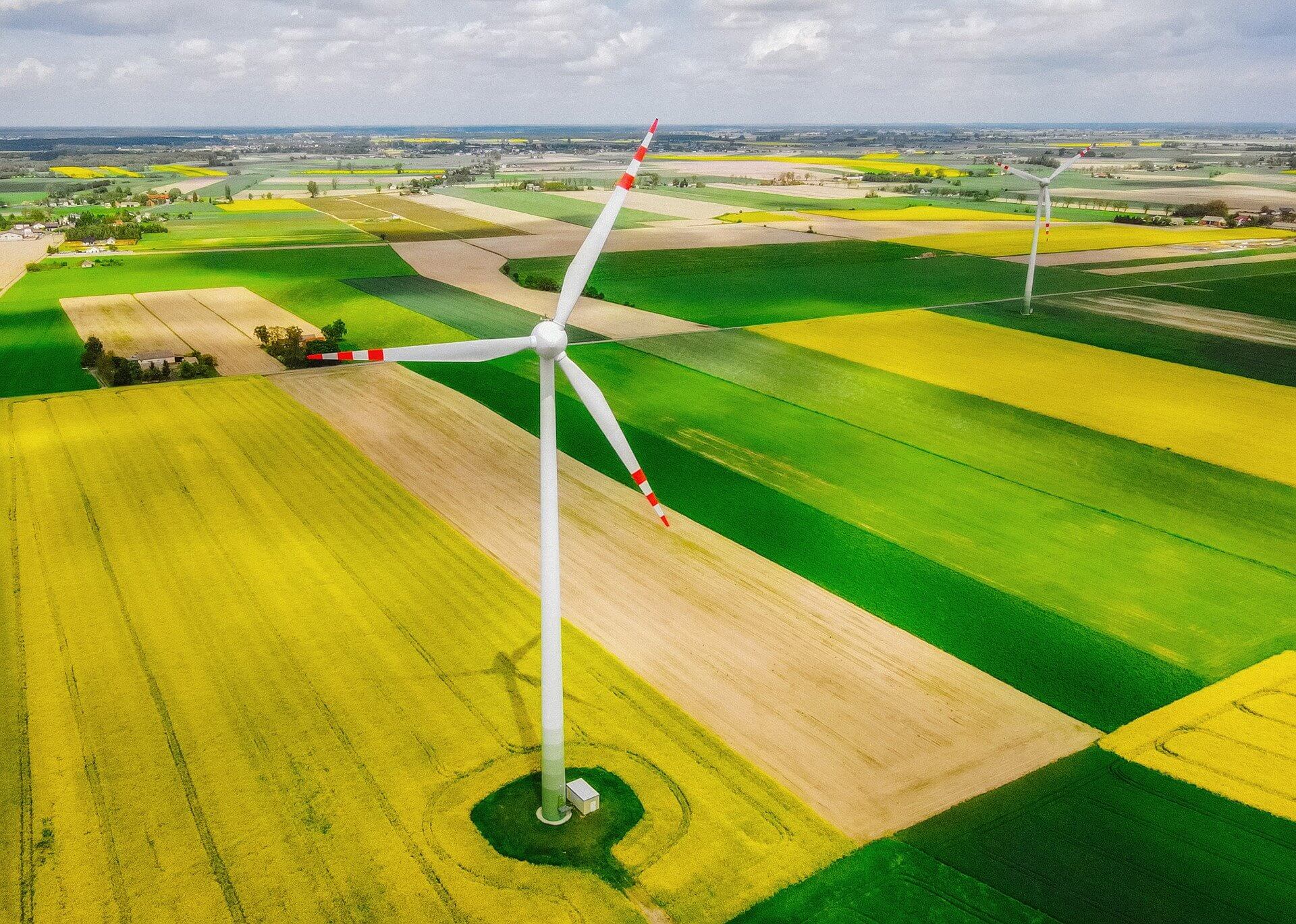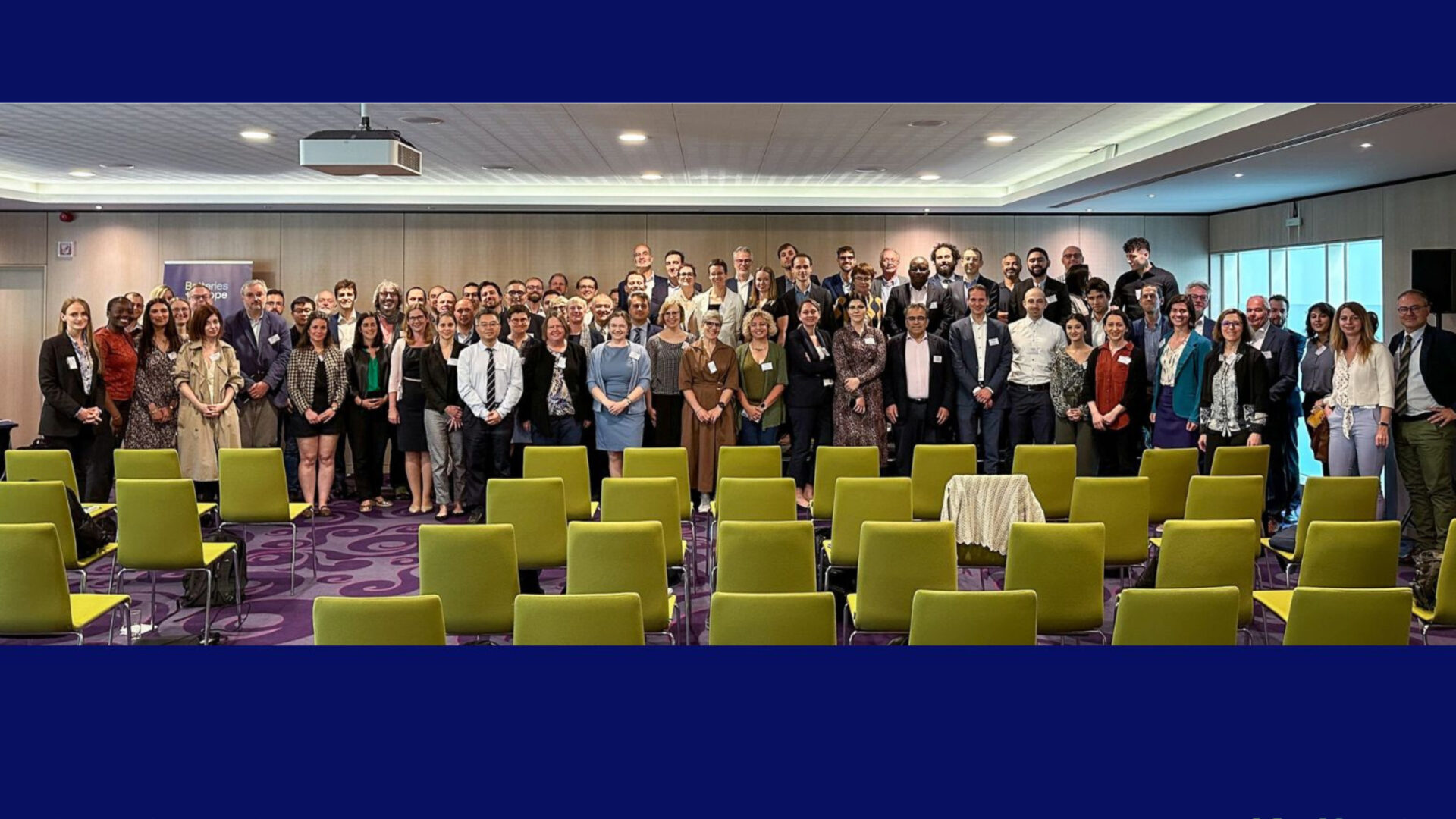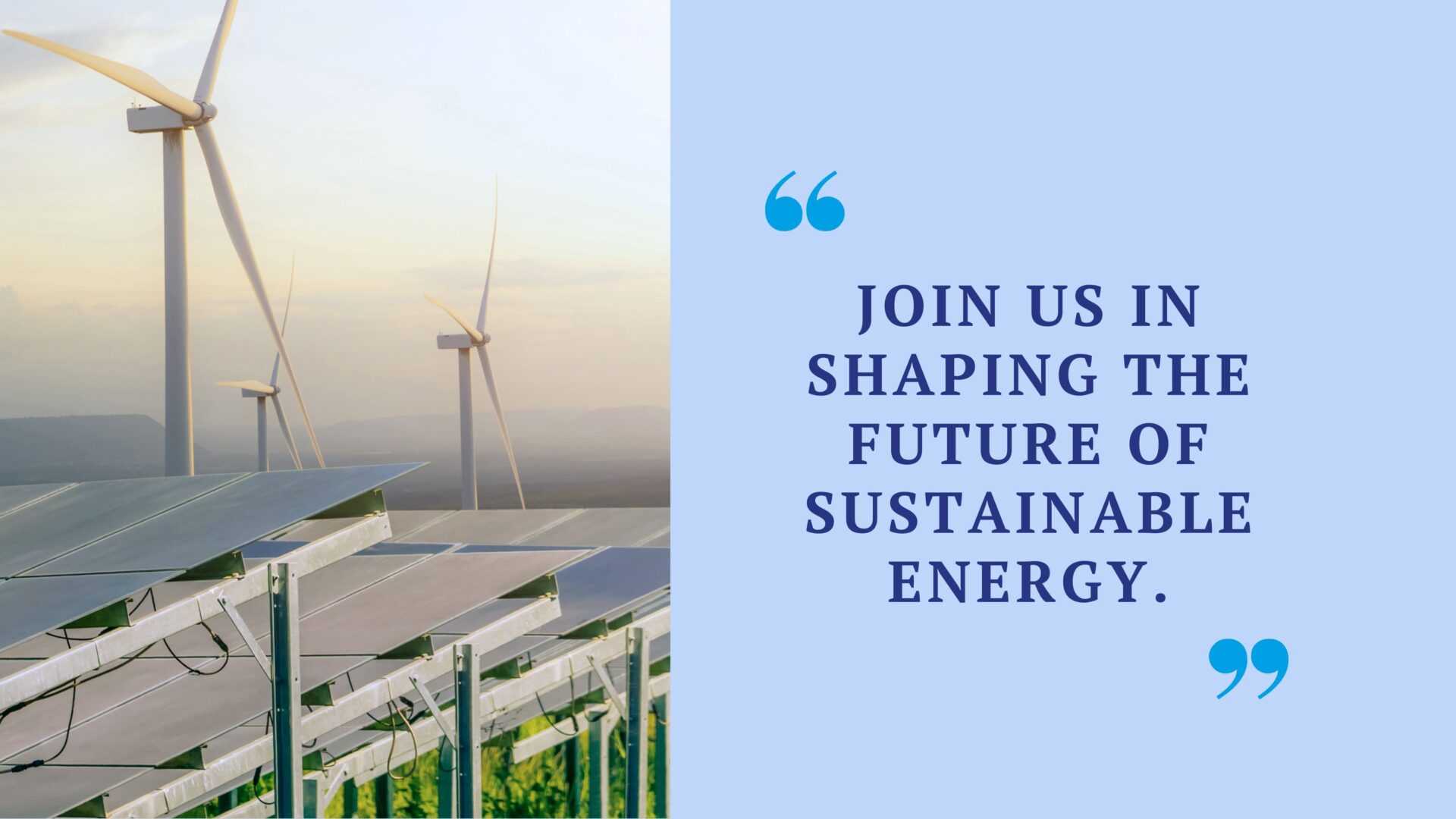Flow Batteries Europe (FBE), the European association representing the flow batteries value chain, stresses the importance of including flow batteries in the scope of the Battery Regulation and particularly the Battery Passport in order to ensure the EU security of energy supply without jeopardising decarbonisation goals.
Given the current geopolitical situation, the debate on how to ensure the EU security of energy supply is at the centre of the EU policymakers’ agenda.
If extraordinary measures are needed for extraordinary times, it is also important that the EU adopts a holistic approach and ensures that key pieces of legislation related to energy provision contribute to the higher goal of security of energy supply.
One of these pieces of legislation is undoubtedly the Battery Regulation. The Regulation is essential for the EU security of supply, as it will specify the sustainability, safety and performance standards of battery technologies, which in turn will support the uptake of renewable energy by providing energy storage services. If well-designed, the Batteries Regulation could thus substantially increase the uptake of energy storage technologies in the market, which would reduce EU energy imports and diminish EU’s dependency on virgin materials.
Unfortunately, the current proposed Regulation is not technology-neutral – instead, its key provisions, such as the Battery Passport, carbon footprint calculation and declaration, and safety standards, focus only on batteries with internal storage. This is problematic, as providing, for example, an EU-level standard of safety and sustainability to some but not all batteries could make the excluded battery technologies look less sustainable and reliable among market actors.
For the EU to achieve its decarbonisation targets and security of supply, we need more long-duration energy storage technologies. A study undertaken by the Fraunhofer Institute and the Institute of Information Systems and Marketing, Storage in the Loop, shows that for a 100%-renewable energy system, more storage solutions with 8-10 hour capacity are needed. Flow batteries are one such solution, which can overcome the volatility of renewable energy by providing 10-12 hours of storage, with the possibility of reaching even 100+ hours in the future.
Leaving them outside of the scope of the Regulation and the Battery Passport will give the wrong signals to investors and the industry, and could negatively impact the transition to a renewables-based energy system This goes against the goal of the Regulation to provide legal certainty, unlock investments and boost the production capacity for sustainable batteries in Europe and beyond. In addition, it contravenes the technology-neutral approach, by providing only selected battery technologies with an EU-wide categorisation of sustainability and other key indicators.
To ensure the achievement of the EU’s security of supply without jeopardising the goal of decarbonisation, all technologies that can support the uptake of renewable energy should be equally considered and promoted. We, therefore, call on EU policymakers to amend the proposal to ensure it is technology-neutral and includes long-duration energy storage technologies, such as flow batteries.






